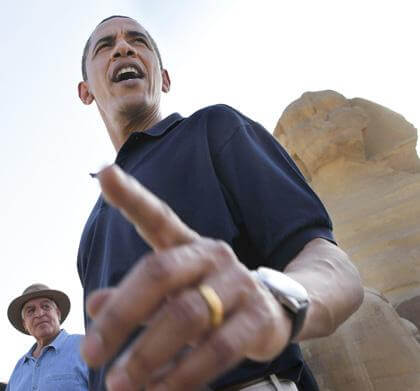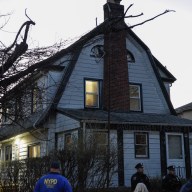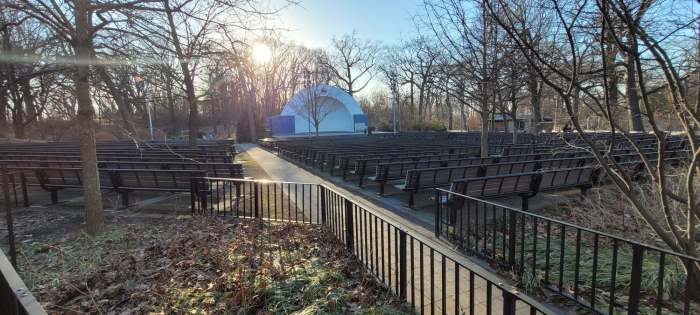By Anna Gustafson
Queens residents’ reactions to President Barack Obama’s speech in Cairo were divided this week, with some praising the American leader for what they said was an address that “set an unprecedented tone in the Middle East,” while others criticized his words as representing a shift toward a U.S. foreign policy that was less supportive of Israel.
“He showed tremendous respect for Islam, and that’s surprising coming from a president of the United States,” said Syed Meesam, a representative of Imam Al−Khoei Mosque in Jamaica, one of the largest Shiite mosques in the country.
Jamaica Estates resident Dil Afroz Nargis Ahmed, a member of the Elmhurst−based Bangladesh Society and Community Board 8, said she was pleased with the address given June 4 at Cairo University.
“What I liked about Obama’s speech was that he was very respectful and set an unprecedented tone in the Middle East,” Ahmed said. “There were many things he spoke of that I had always felt were overlooked by past administrations and world leaders in general .… When he got around to the subject of women’s rights and mentioned my home country of Bangladesh as one of the nations that elected a woman as prime minister, it was great to receive that recognition. Also mentioned was that Muslim Americans have made many contributions.”
Jewish leaders in Queens, however, said they were concerned that Obama neglected to emphasize a strong support for Israel.
“We are very disturbed,” said Cynthia Zalisky, executive director of the Queens Jewish Community Council in Forest Hills. “It seems to be a change in policy in terms of how the United States administration values Israel as an ally. We are now actively writing our Congress members and the president to express our dismay at what seems to be a definite shift in policy that’s not in Israel’s or the world’s interest.”
Rabbi Isidoro Aizenberg, the rabbi emeritus at the Conservative Synagogue of Jamaica Estates, said Obama addressed “things that from a Jewish point of view are very comforting.”
“For example, he spoke from the university in Cairo and attacked those who deny the Holocaust,” Aizenberg said. “That was breathtaking to a certain extent, to make that point in the heart of the Muslim world where many deny the Holocaust outright.”
Still, Aizenberg said he, too, was concerned with elements of the speech.
“The president did not make reference to the fact that the peace between Israel and the Arab nations does not exist because of settlements, but because the Arabs rejected the United Nations’ partition plan of 1947,” he said.
The partition plan of 1947 approved by the United Nations recommended there be a Jewish state and an Arab state created.
Meesam agreed with Obama that there should be a two−state solution.
“The Palestinians have to recognize the Israeli side and the Israelis have to recognize the Palestinian side,” Meesam said.
Reporters Nathan Duke and Ivan Pereira contributed to this article.
Reach reporter Anna Gustafson by e−mail at agustafson@cnglocal.com or by phone at 718−229−0300, Ext. 174.

































